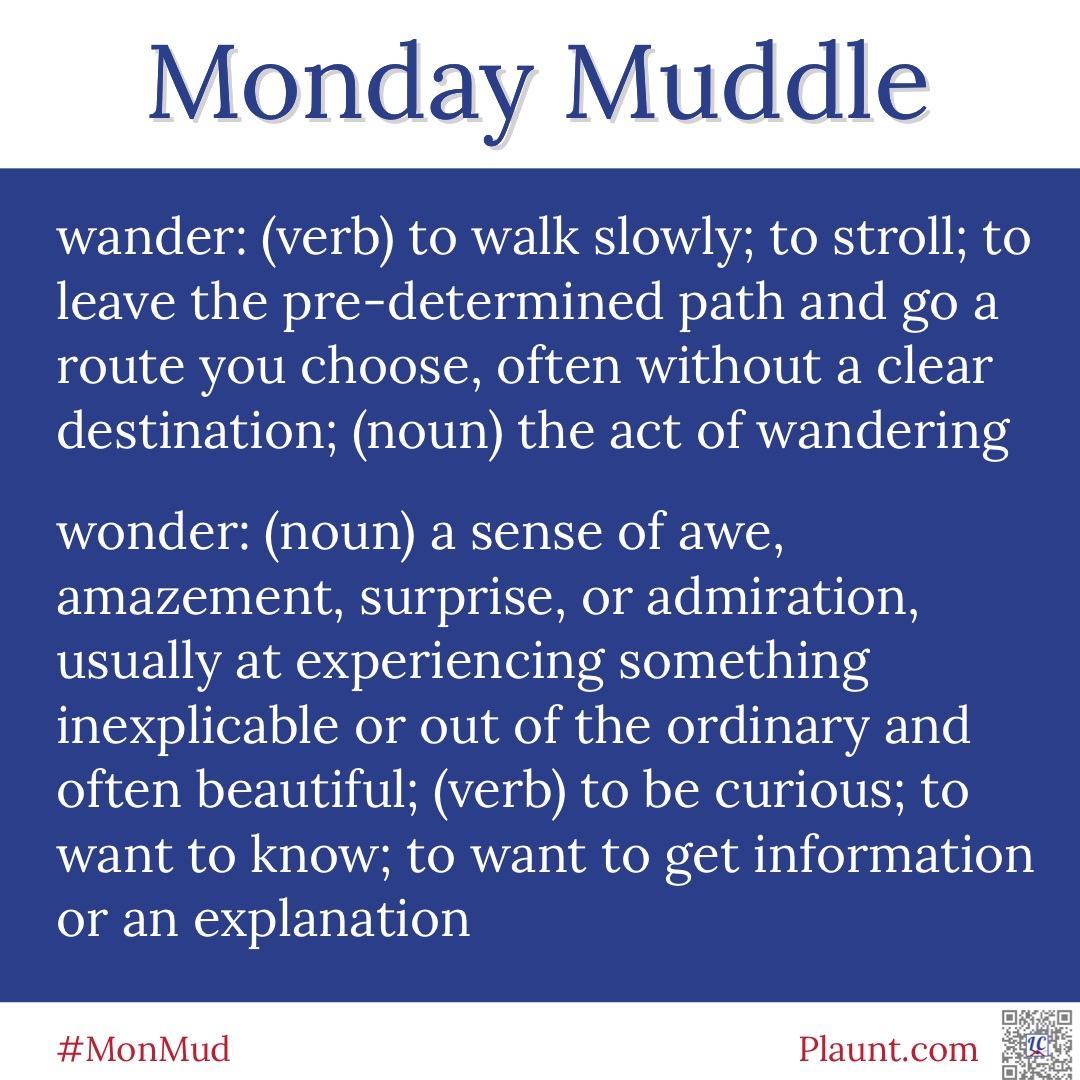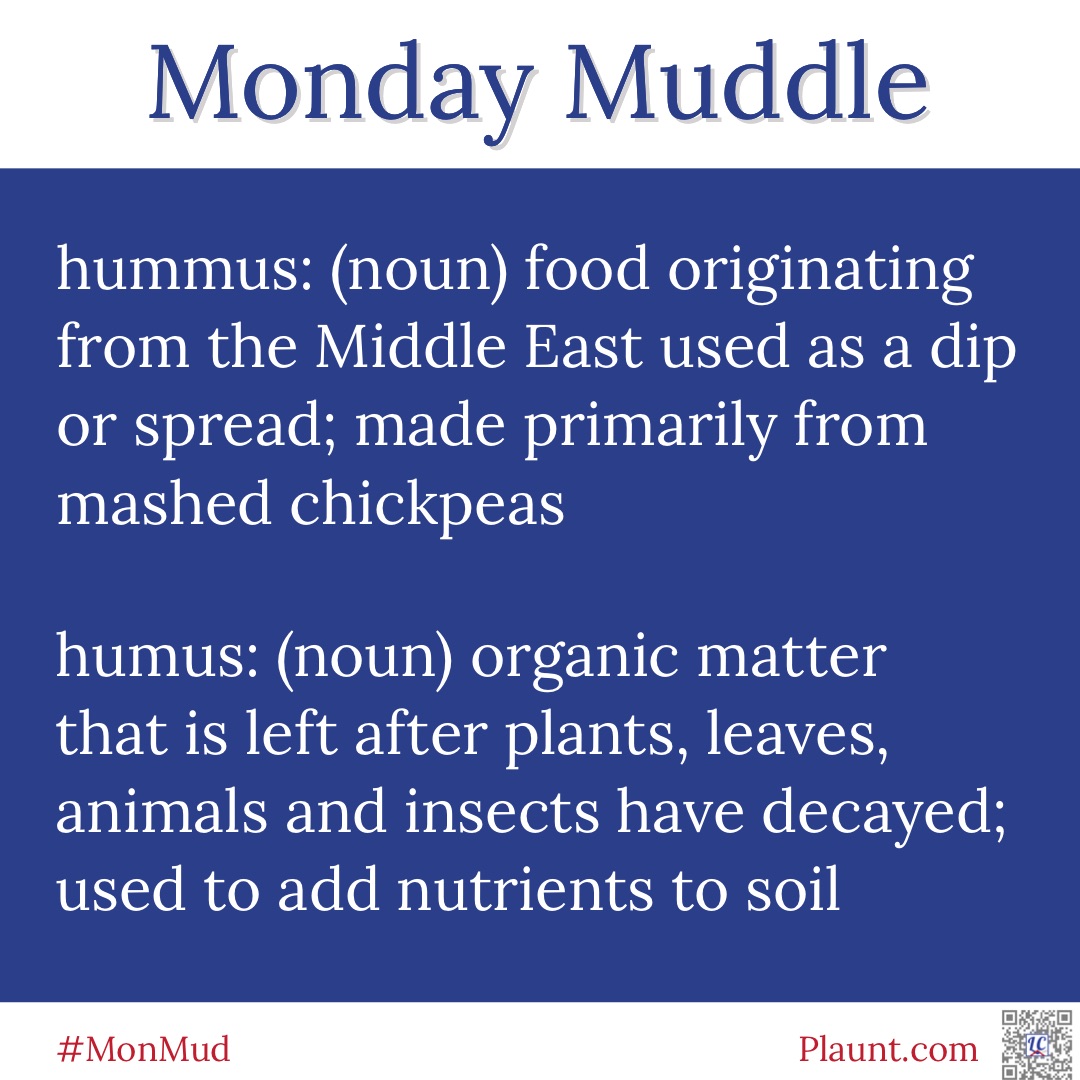
I enjoy hummus on pita bread. I don’t think I would like humus on pita bread. 😳

I enjoy hummus on pita bread. I don’t think I would like humus on pita bread. 😳
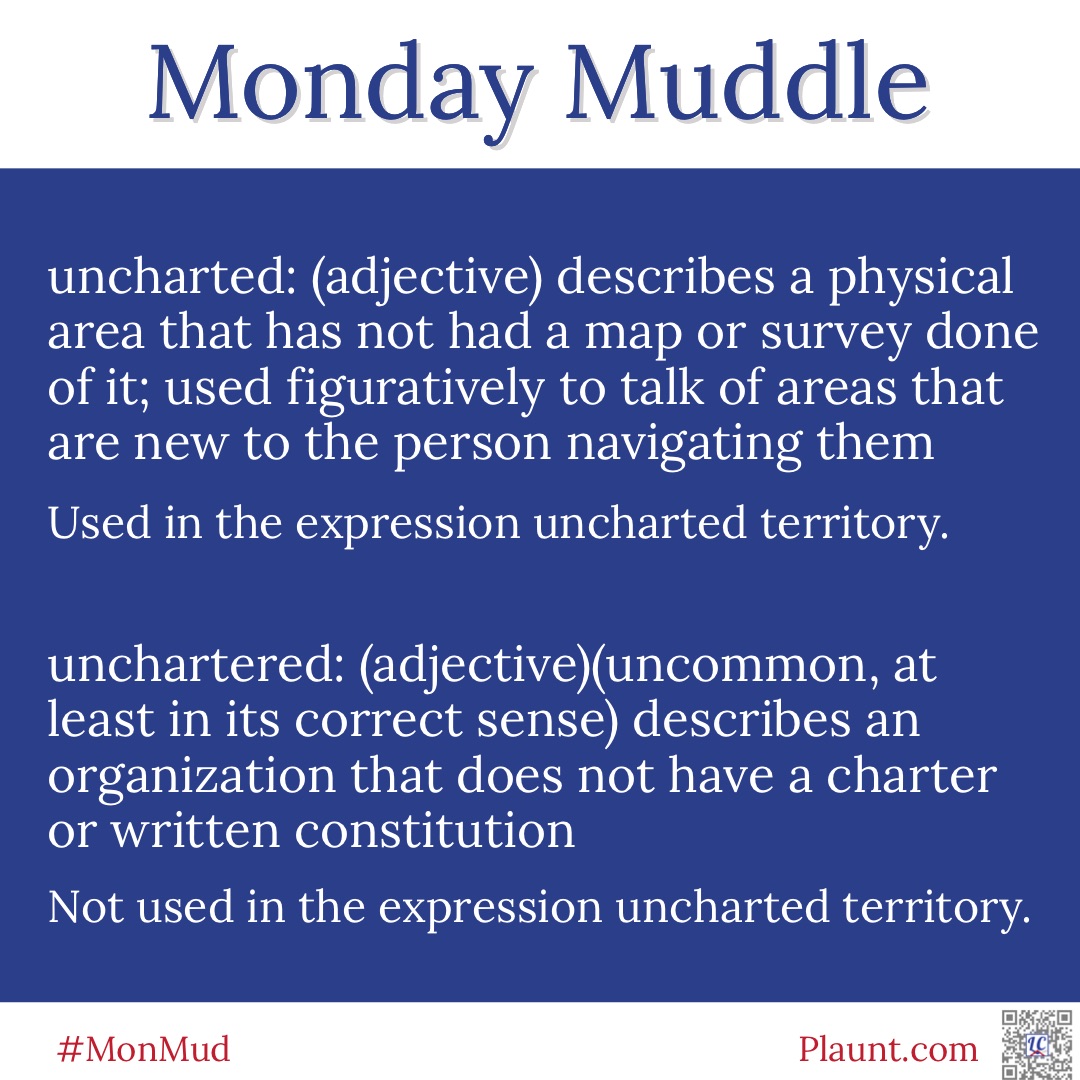
Chartered (adjective) can mean to have a charter or constitution, but it can also be used to describe a vehicle that has been rented, usually with the driver, for private tours.
The other day a friend asked me how long Gilligan’s trip was supposed to be. If you have no idea what I’m talking about, it’s okay; it just means you are young. (But if you ever need the answer for a trivia competition, it was a three hour tour.) Gilligan was working on a boat that was chartered. They may have ended up in uncharted waters, but because they were there, they were not unchartered waters.
To fear better is not the same as to fare better.
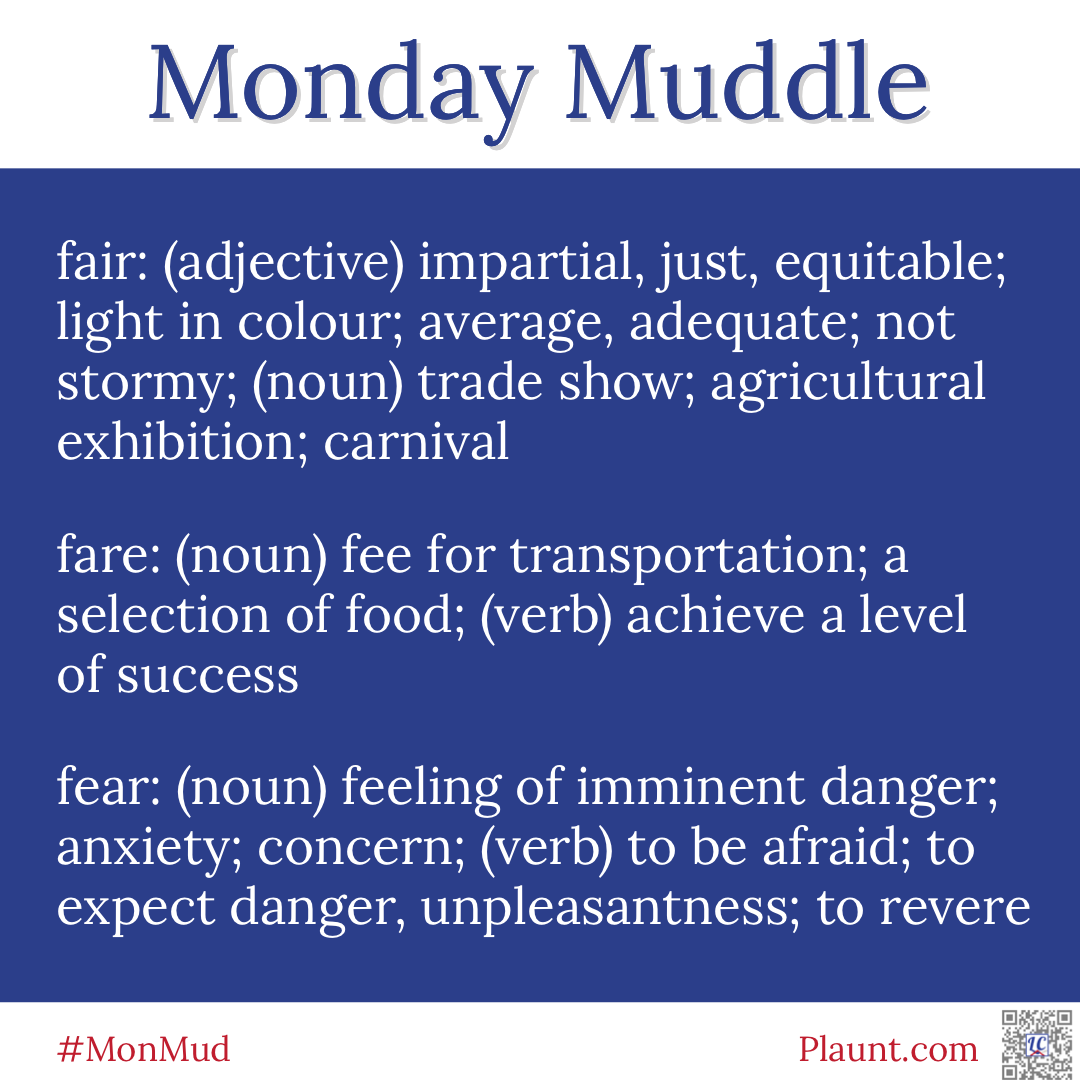
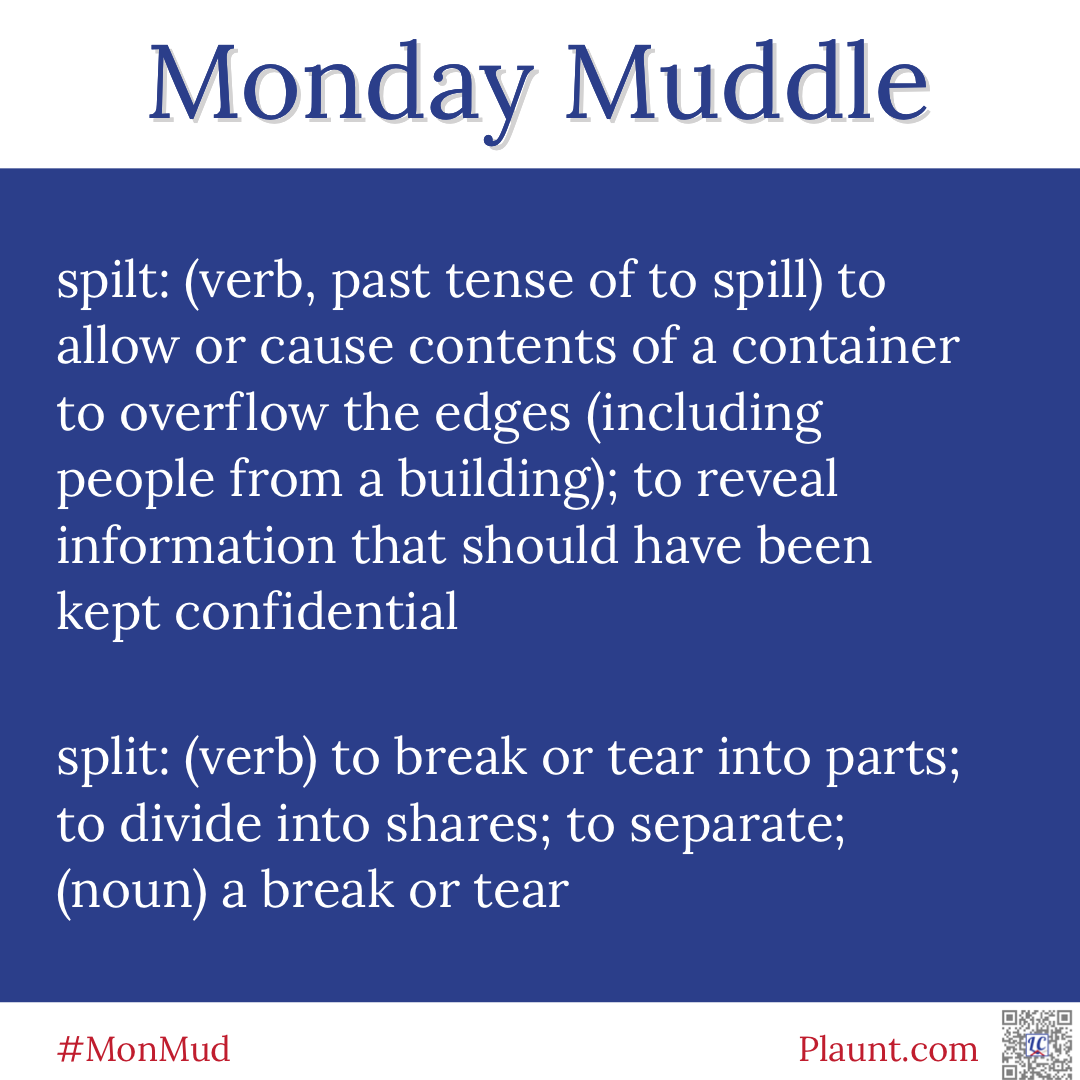
If a bag split, the contents would likely be spilt.
“Spilt” and “split” are also both past participles which can be used as adjectives. e.g. Split pea soup, whether you are a fan of it or not, is better than spilt pea soup.
“Spilt” is the original British past tense of “to spill”, and “spilled” is the American version. Although “spilt” is still acceptable in the United Kingdom, it is becoming less common, and “spilled” is gaining in popularity—as the past tense, not as a condition of soup.
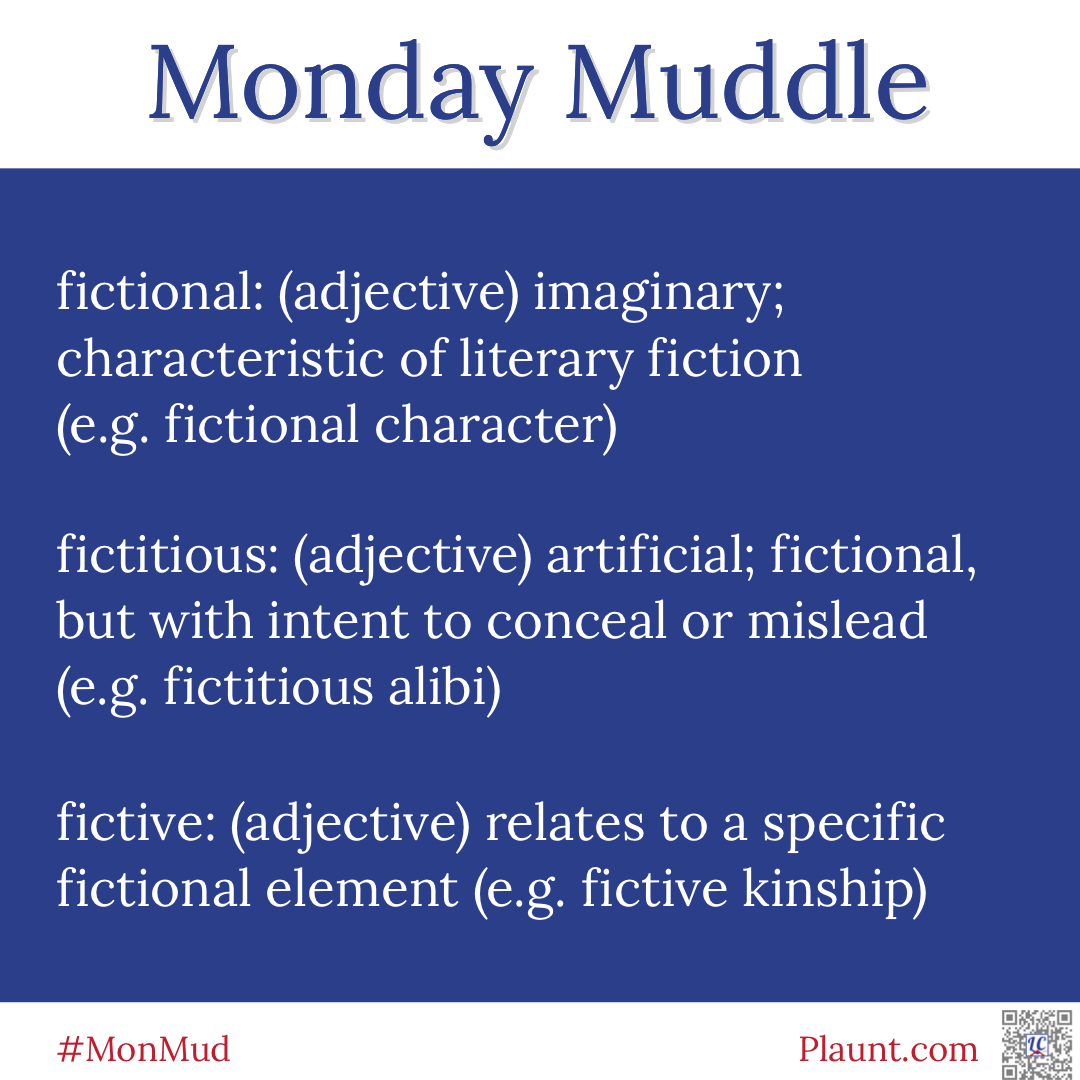
The meanings of these three words are very similar, and all relate to creations of the imagination. But there are some nuances. If it’s in a negative context—not being factual for the purpose of being deceptive—use “fictitious”. If you are discussing literature, use “fictional”. “Fictive” is less common than the other two, and is often used in the phrase “fictive kinship” which is a relationship based not on familial ties but on a close relationship. (e.g. when you call your mother’s best friend Aunt Sue)
A comparative adjective (worse) is used when you are comparing two things. A superlative adjective is used when you are comparing three or more things. Unless you are comparing sausage, and then you may need to use “wurst”.
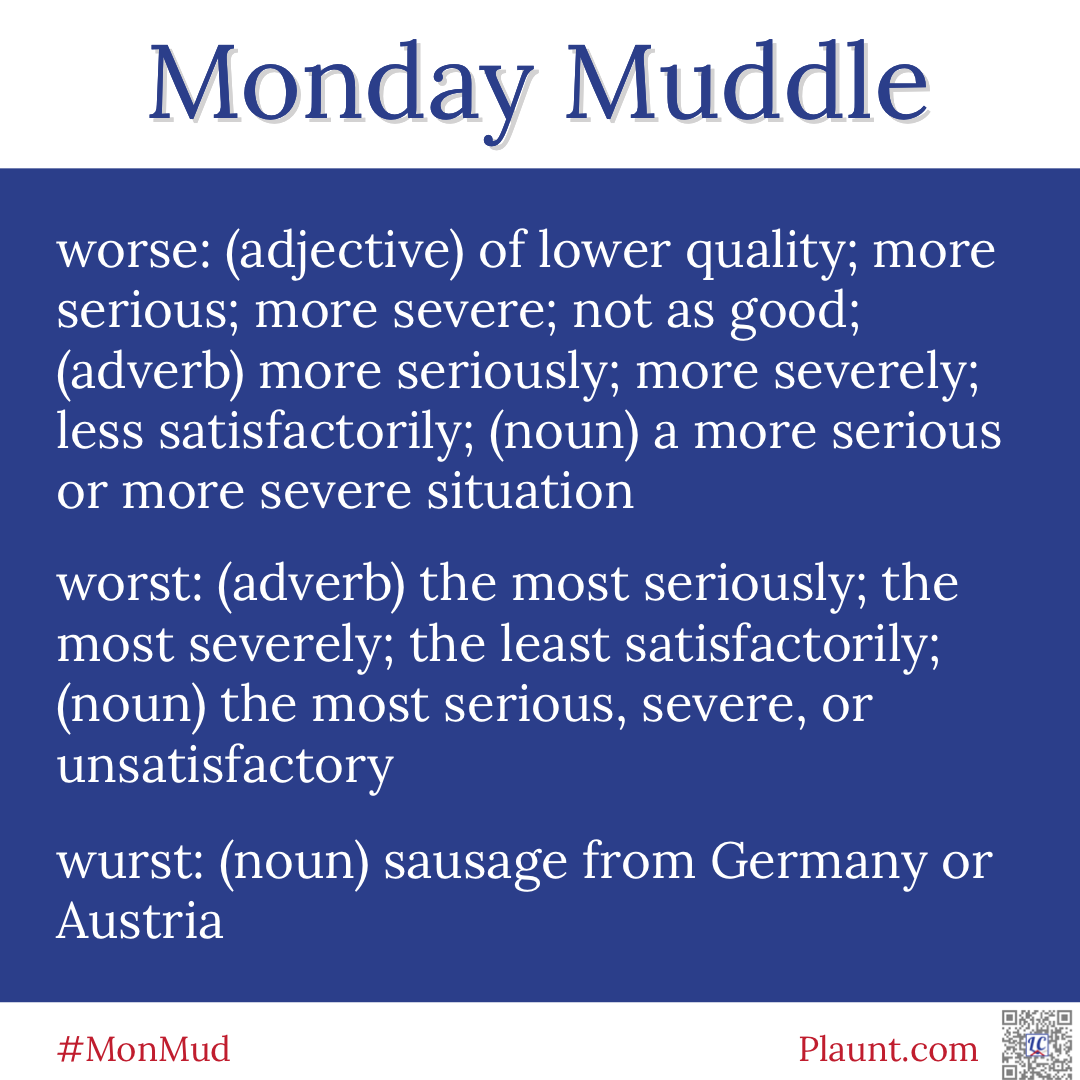
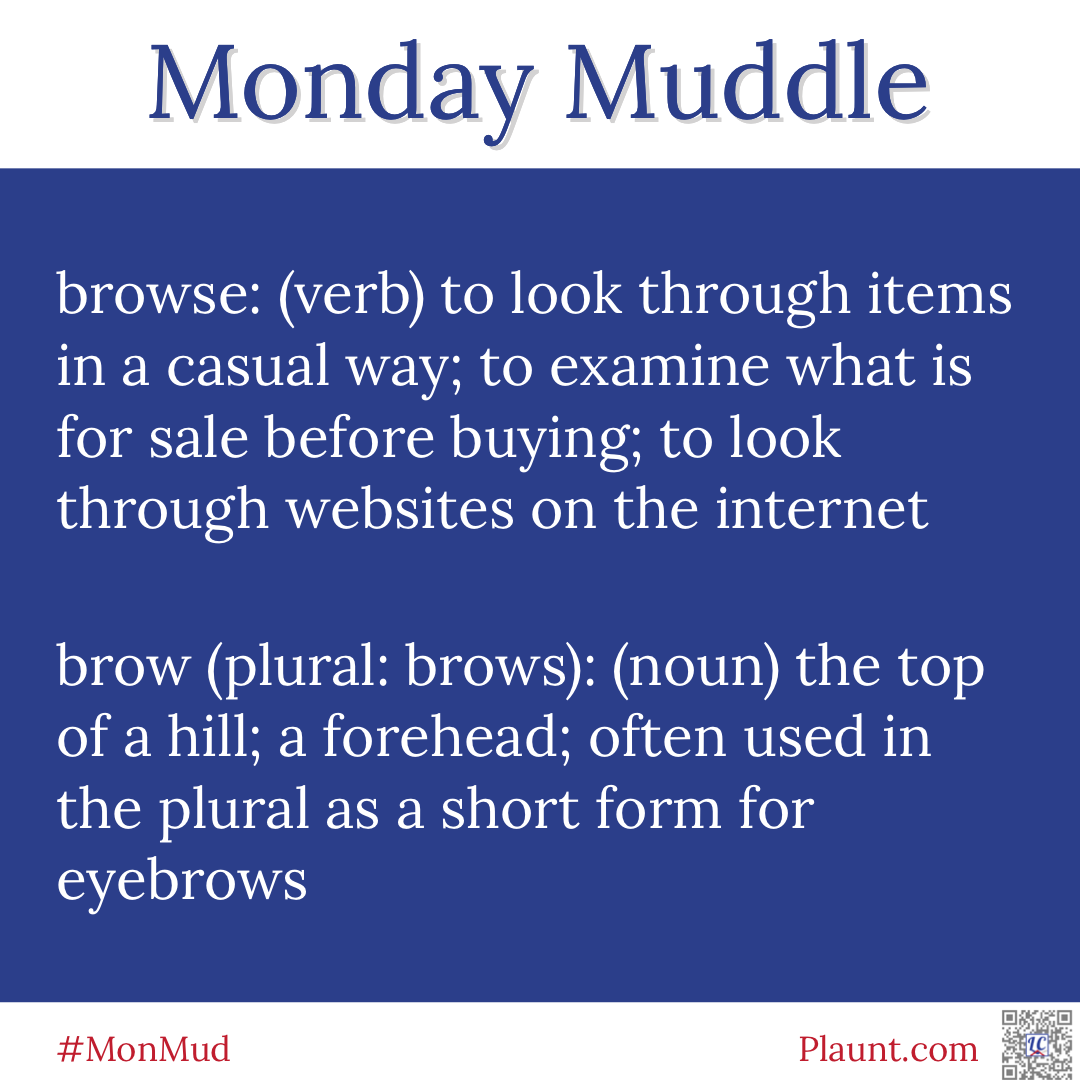
A couple important points to remember:
You probably wouldn’t stalk shelves.
A laughing stalk is probably some kind of character in an animated feature. A laughingstock is a person, or thing, that is being ridiculed or mocked.
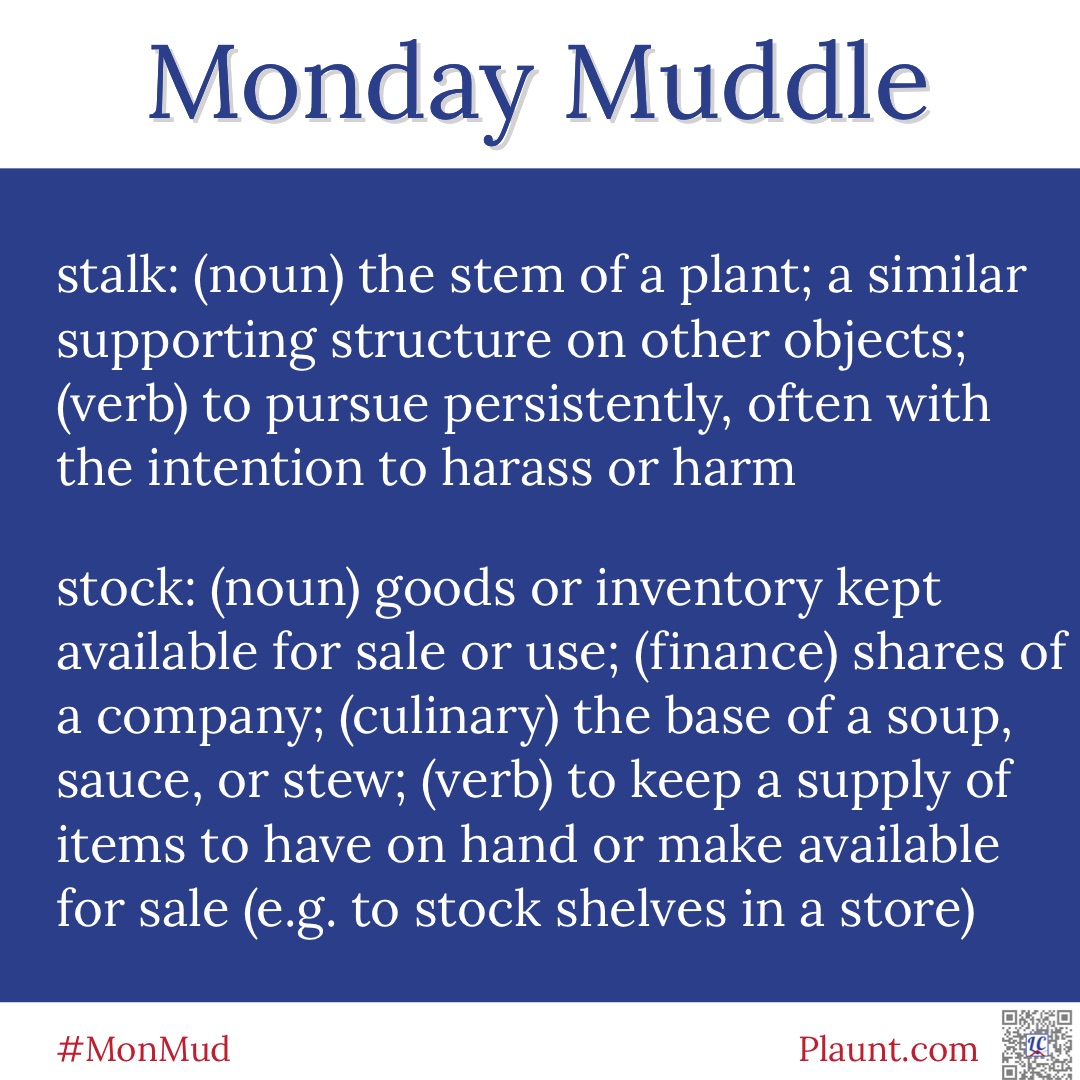
“What is the rational?” does not mean the same thing as “What is the rationale?”
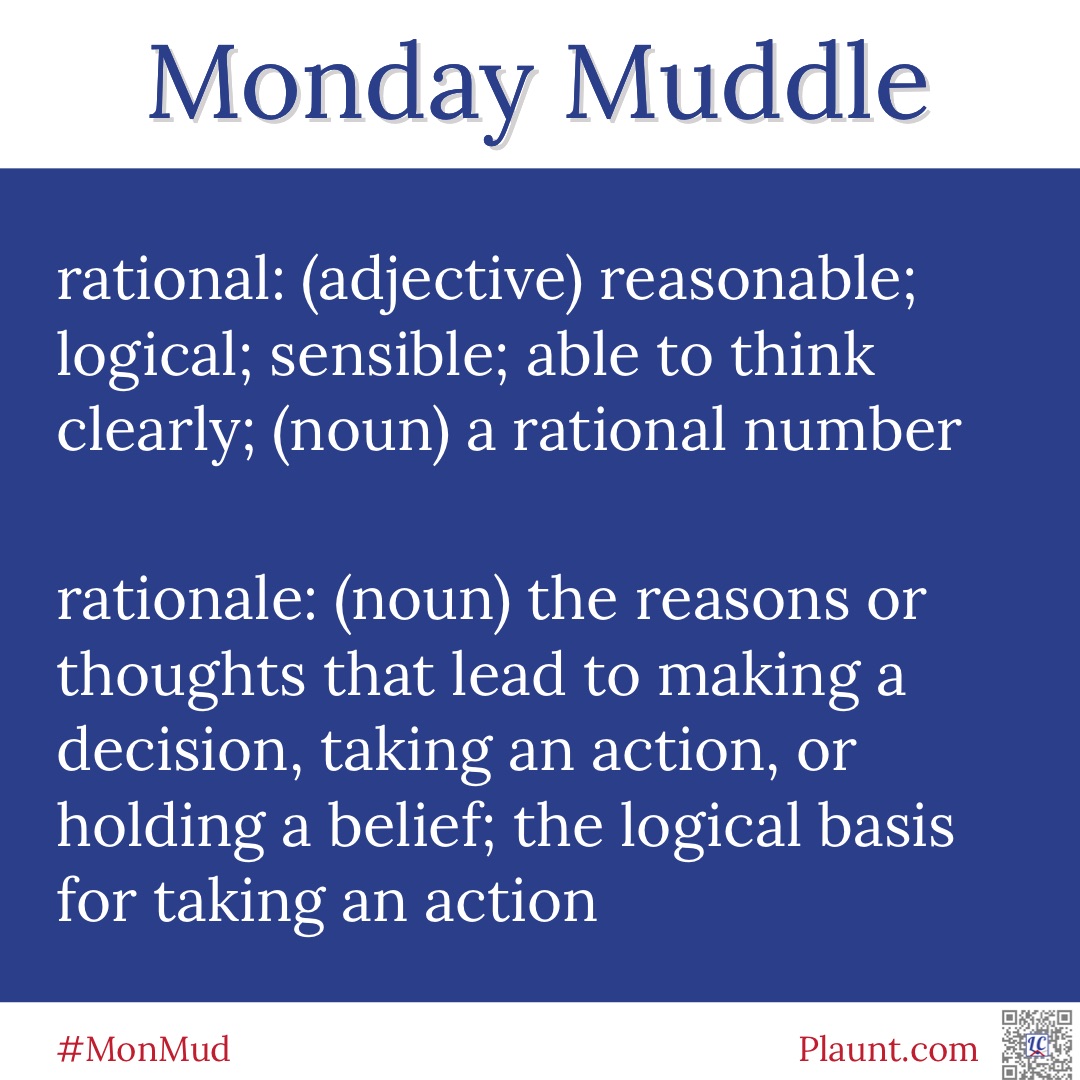
To wander about a place is not the same as to wonder about a place. If you have never been to a place, you may have wondered about it, but you have not wandered about it.
